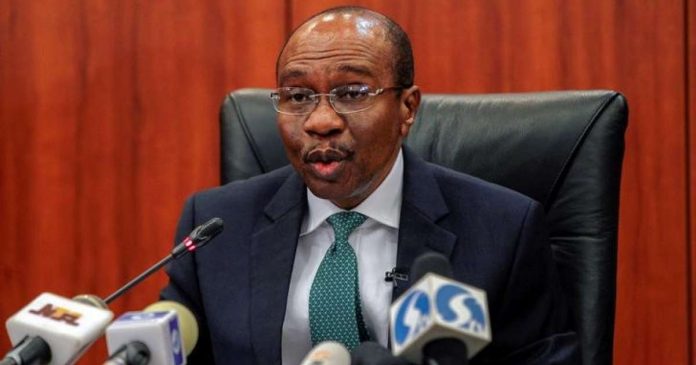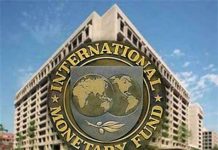The Central Bank of Nigeria (CBN) is expected to announce the commencement of the auction the auction of the Chinese currency, Renminbi before the end of next week to enable importers of goods from China tap into the foreign exchange window opened up by the currency swap agreement.
The CBN had in April this year signed a $2.5 billion Bilateral Currency Swap Agreement with the People’s Bank of China (PBoC) to facilitate trade between the two countries ease pressures on the naira.
The CBN is expected to announce the commencement of the auction before the end of next week. The auction is expected to hold biweekly. Under the swap arrangement, the CBN would hold N720 billion in an account in favour of the PBOC while the Chinese central bank would hold CHY15 billion.
While this implies an exchange rate of N48 to the yuan, Leadership findings reveal that this may not be the rate of exchange that would be used for importers when the policy kicks off. The exchange rate is expected to be flexible, determined by the forces of demand and supply.
Contrary to expectations that the auction would be similar to its dollar auctions, Leadeship findings reveal that the Renminbi sales would only be applicable to trade back transactions and traders are expected to request for quote from Chinese supplier with a Renminbi denominated invoice.
In encouraging traders who import goods from China to use the Renminbi instead of the dollar, the CBN had earlier said it will be giving incentives to importers who bring in invoices in renminbi instead of in dollars.
Chief Executive of Stanbic IBTC, Dr. Demola Sogunle, speaking on behalf of the Bankers Committee which comprises of the CBN and chief executives of banks, said, importers who bring invoices in renminbi will be getting a percentage spread on their payments.
He explained that one of the incentives will be that a percentage spread which is yet to be determined will be given to any importer that is bringing renminbi invoice for settlement instead of bringing dollar invoice. “So when you look at the overall cost in terms of naira, if you bring renminbi invoice it is going to be cheaper for the importer.”
Managing director and chief executive of Keystone Bank, Obeahon Ohiwerei, also explained that the percentage spread being given will be asides the reduction cost in mark up prices when invoices are issued in dollars. According to him, “anytime invoices are obtained in dollars for an import from China there is usually a 10 per cent mark up, so that 10 per cent, is a plus for the importer.”
Officials of the CBN in a town hall meeting with traders and businessmen in Lagos said when traders importing goods from China are encouraged to use the yuan, “dollar demand burden arising from trades with China would be lifted from our foreign exchange reserves.”
The CBN officials said the deal is aimed at reducing reliance on the dollar and “as such reduce the pressure on the naira-dollar exchange rate”, adding that it was also aimed at encouraging Chinese firms buying local raw materials and semi-finished goods to pay in naira. However payment for crude oil sold to China would be in dollar.
Nigeria currently runs a large trade deficit with China, its biggest trading partner. The country imported goods worth almost $2 billion per annum from China last year as against almost $500 million imported by the Chinese, figures showed.
Economists fear that currency swap could worsen the deficit and trade balance. Some importers told Reuters that a strong naira would erase the benefit of the swap but added that the naira may weaken especially after elections next year.
Nigeria has around 4.4 percent of its foreign reserves of $47 billion denominated in yuan while the remaining is held in U.S. dollar. Officials expect the move to also boost foreign investment from China into Nigeria
The dollar is Nigeria’s main trade currency and the country has suffered severe dollar shortages after the price of crude oil, its top export and main source of forex, plunged in late 2014, prompting it to introduce capital controls in 2015.










